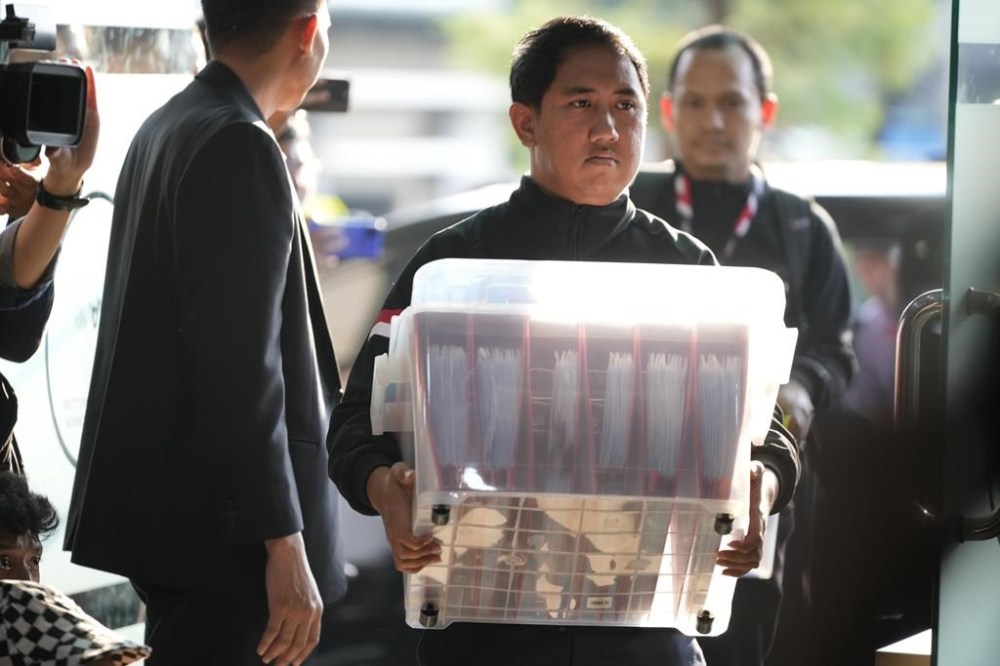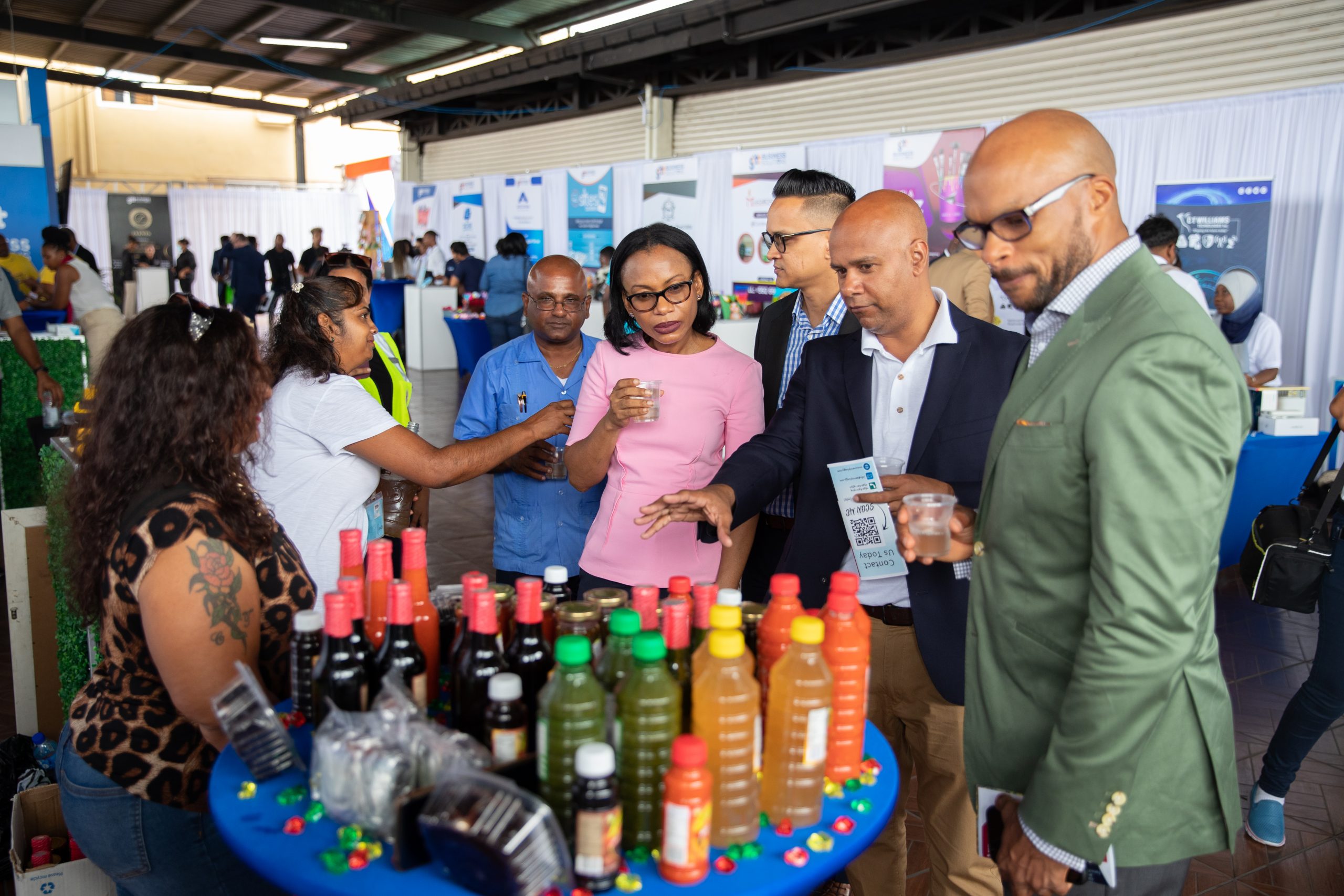The Papal Election: A Look At The Candidate Dossiers

Table of Contents
The Composition of Papal Election Candidate Dossiers
These dossiers are comprehensive profiles compiled by the Congregation for Bishops and other Vatican offices. They provide a 360-degree view of each cardinal eligible for election, acting as a vital resource during the conclave. Think of them as incredibly detailed reports, offering a nuanced understanding far beyond a simple biography.
-
Biographical Information: Birthdate, place of birth, educational background (including seminaries and universities attended), and a complete record of their career trajectory within the Catholic Church. This section details their ecclesiastical appointments, from priesthood to bishoprics and cardinalate.
-
Theological Viewpoints: This crucial section outlines the cardinal's positions on key doctrinal issues. It analyzes their writings, homilies, and public statements to gauge their theological leanings and potential approaches to contemporary challenges facing the Church. Keywords like "conservative," "progressive," and specific theological stances are meticulously documented.
-
Pastoral Experience: This section assesses the candidate's leadership styles and achievements in previous roles. It includes evaluations of their effectiveness in managing dioceses, their relationships with clergy and laity, and their success in implementing pastoral initiatives. It also includes feedback on their communication skills and ability to connect with diverse communities.
-
Political Affiliations (if any): While the Church emphasizes spiritual leadership, the dossiers acknowledge the realities of internal Church politics. This section carefully notes any affiliations with different factions or groups within the Church hierarchy, understanding the potential impact on future papal decisions.
-
Reputation and Character Assessments: This section is perhaps the most qualitative, drawing on extensive feedback from colleagues, superiors, subordinates, and other individuals who have interacted with the candidate. It aims to provide a holistic assessment of the candidate's character, integrity, and suitability for the papacy.
-
Financial Transparency: Especially relevant in recent decades, this section examines the candidate's personal finances and, where applicable, the financial management of their diocese. It aims to ensure transparency and accountability in financial matters.
-
Any Known Controversies or Scandals: Honesty is paramount. This section provides a frank assessment of any known controversies or scandals, however minor, that might impact the candidate's suitability for the papacy. This ensures cardinals are fully informed before making their choices.
The Importance of Papal Election Candidate Dossiers in the Conclave
The dossiers are indispensable tools for the cardinals during the conclave. They provide the information needed for informed and judicious decision-making, significantly shaping the outcome of the election.
-
Facilitates Informed Discussion: Cardinals utilize the dossiers to discuss the strengths and weaknesses of each candidate, fostering a more reasoned and less emotionally driven selection process.
-
Reduces the Chance of Surprises: By providing a comprehensive overview, the dossiers minimize the possibility of unforeseen complications or controversies arising after the election of a new Pope.
-
Promotes a Balanced Perspective: The dossiers' detailed nature encourages cardinals to assess candidates objectively, mitigating the influence of personal biases or limited knowledge.
-
Safeguards the Integrity of the Process: By providing thorough background checks and comprehensive information, the dossiers contribute to a more transparent and accountable papal selection process.
Access and Confidentiality of Papal Election Candidate Dossiers
Strict confidentiality surrounds these documents. Access is limited to a select few, ensuring the integrity of the selection process.
-
Limited Circulation: Only cardinals participating in the conclave have access to the dossiers.
-
Secrecy Vows: Cardinals are bound by strict oaths of secrecy regarding the contents of the dossiers and the discussions held during the conclave.
-
Security Measures: Rigorous security protocols are in place to prevent any unauthorized access or leaks of information.
Analyzing the Trends in Papal Election Candidate Dossiers
Examining past dossiers reveals evolving priorities in papal selections, reflecting the changing needs and challenges facing the Catholic Church.
-
Emphasis on Specific Theological Viewpoints Over Time: Analysis of dossiers across different periods reveals shifts in the emphasis placed on specific theological viewpoints.
-
Changes in the Importance of Regional Representation: The geographic distribution of cardinals elected as Pope reflects changing priorities in terms of global representation within the Church.
-
Shifting Priorities Regarding Pastoral Experience and Administrative Skills: The weight given to pastoral experience versus administrative skills in candidate profiles reflects evolving perceptions of a Pope's primary responsibilities.
-
The Growing Significance of Communication Skills in the Modern Papacy: In the modern media landscape, the ability to communicate effectively has become a crucial criterion, as reflected in the increased emphasis on this aspect in recent candidate dossiers.
Conclusion
The Papal Election Candidate Dossiers are a crucial, albeit hidden, element in the selection of a new Pope. These detailed profiles provide cardinals with essential information for informed decision-making, promoting transparency and accountability within the traditionally secretive process. While shrouded in secrecy, the dossiers play a vital role in shaping the future of the Catholic Church. Understanding their composition and importance sheds light on the complexities of this critical event. To learn more about the intricacies of papal elections, continue researching the intricacies of Papal Election Candidate Dossiers and related topics.

Featured Posts
-
 A Different Story How Andor Season 2 Will Impact The Star Wars Universe
May 08, 2025
A Different Story How Andor Season 2 Will Impact The Star Wars Universe
May 08, 2025 -
 Recent Bitcoin Mining Growth A Detailed Examination
May 08, 2025
Recent Bitcoin Mining Growth A Detailed Examination
May 08, 2025 -
 Six Month Trend Reversal Bitcoin Buying Volume Tops Selling On Binance
May 08, 2025
Six Month Trend Reversal Bitcoin Buying Volume Tops Selling On Binance
May 08, 2025 -
 Xrp Etfs Potential For 800 Million In Week 1 Inflows Upon Approval
May 08, 2025
Xrp Etfs Potential For 800 Million In Week 1 Inflows Upon Approval
May 08, 2025 -
 De Andre Jordans Historic Performance Nuggets Vs Bulls
May 08, 2025
De Andre Jordans Historic Performance Nuggets Vs Bulls
May 08, 2025
Latest Posts
-
 Made In Gujranwala Exhibition A Success Celebrated By Sufian And The Gcci
May 08, 2025
Made In Gujranwala Exhibition A Success Celebrated By Sufian And The Gcci
May 08, 2025 -
 Gjranwalh Wlyme Ky Tqryb Myn Dl Ka Dwrh Dlha Jan Bhq
May 08, 2025
Gjranwalh Wlyme Ky Tqryb Myn Dl Ka Dwrh Dlha Jan Bhq
May 08, 2025 -
 Mraksh Ke Sahl Pr Kshty Hadthh Awr Ansany Asmglng Ka Ankshaf 4 Grftaryan
May 08, 2025
Mraksh Ke Sahl Pr Kshty Hadthh Awr Ansany Asmglng Ka Ankshaf 4 Grftaryan
May 08, 2025 -
 Sufians Acknowledgment Of Gccis Made In Gujranwala Exhibition Achievement
May 08, 2025
Sufians Acknowledgment Of Gccis Made In Gujranwala Exhibition Achievement
May 08, 2025 -
 Ansany Asmglng Ka Nyt Wrk Mraksh Ke Kshty Hadthe Ke Bed Grftaryan
May 08, 2025
Ansany Asmglng Ka Nyt Wrk Mraksh Ke Kshty Hadthe Ke Bed Grftaryan
May 08, 2025
